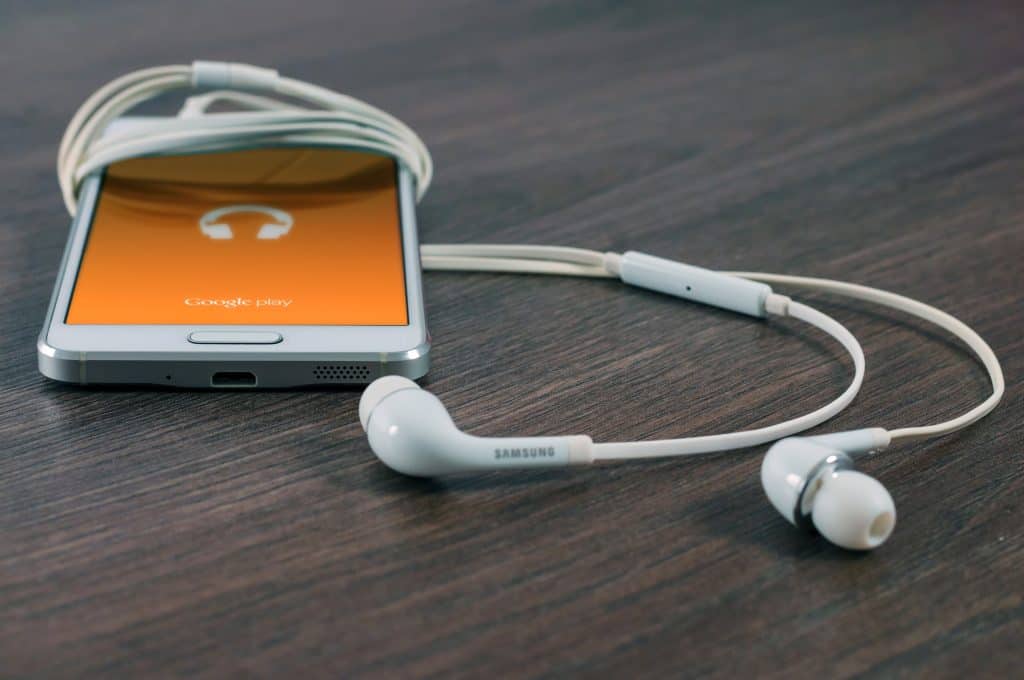
You’re ready to improve your focus because you have a lot to do and you don’t know where to start. Or maybe you’re doing stuff but you are having trouble focusing without being distracted. Maybe you’re “multitasking” which means there’s not much being done? Yeah, I know the feeling of frustration and trying to get it together. I’ve tried a lot of things to help me improve my focus and be more productive.
I know you are ready to improve your focus, so here 5 things that have worked for me.
1. Focused Days
Setting aside designated days for projects and tasks, especially recurring ones is a great way to improve your focus. Example: I schedule social media posts and articles I want to share on Monday’s. And I work on the podcast on Saturdays. At my employer, I read industry related news and professional development emails on Fridays.
These focus days and the tasks or projects assigned to them aren’t random. I intentionally chose focus days based on the energy required. Podcast recording and editing takes a lot of time so I need Saturdays for that. And for work, reading industry news and professional development emails are mostly read on Friday because its one of the quieter days in my department.
Tip: Create focused days for tasks or projects based on the level of effort required to complete them.
2. Finding Your Productivity Window
Being aware of when you are most productivity is another great way to improve your focus. For years, like most people, I did my extracurricular activities and side hustle activities late at night and considered myself a night owl as a result. However for the past couple years I’ve noticed that I’m most productive early in the morning. Especially when it comes to writing projects. Most of my articles are drafted and fleshed out in Evernote while I’m commuting on the subways in the mornings.
I’m also learning that working in short intervals allows me to be more productive. This is called the Pomodoro Technique where the work associated with any large task or series of tasks, is broken down into short, timed intervals that are spaced out by short breaks. I find timers work when I’m trying to get things done such as the Focus Keeper app for Mac and ClearFocus for Android which are good starting points. If you’re not in the mood to download another fancy app, simply use the timer on your phone and set it to alarm after your chosen period of time ends.
Tip: Find the time of day your energy is the highest and make it your most productive, creative time of the day.
3. Scheduled Email/Social Media Time
Social media isn’t my achilles heel or distraction – it’s emails. I get a lot of email and I’m not including emails from promotions from Amazon and the like. At first, every time my phone buzzed I would check my emails and that was terrible for my concentration and overall productivity. It’s like trying to move a couch with someone and each time the phone rings you put the couch down to see who it is, answer, and chat for a little. If you’re like me, chances are you get distracted by something else. And as a result it takes longer to move that couch. The same scenario applies to social media.
So my solution is to check emails first thing in the morning to see if they are any emails that can affect the tasks I want to complete for the day. I’d spend about 10 to 15 minutes doing this, then do another 30 to 40 minutes of work before I’d check emails again. You might be thinking that this could be challenging in a 9-5 environment, and the short answer is yes. It really depends on your company and I would suggest having a discussion with your manager and or team first. Let them know “hey, I’m going to spend dedicated time (20 mins) to finish up this project and will respond to emails after. If something urgent comes up let me know.”
Tip: Check emails/social media less often to get more done.
4. Batch Tasks
Batching tasks means to group similar types of work or tasks together. When similar tasks are batched together it’s easier to complete because you’re already in that groove. To go back to my podcast example, I record up to 2-3 interviews in one Saturday usually within 3-4 hr period. It’s easier to take breaks between interviews and then do another interview because I’m already in the that frame of mind. Not only that, each interview gets easier. I lose my flow, if I took longer intervals to record each episode.
Tip: Set aside dedicated time to do similar tasks.
5. Accountability Partner(s)
I’ve experienced firsthand the benefits of having accountability partners, and the partnership works if you have the right people involved. Having someone else hold you accountable for completing a project or task is also very effective in helping us focus. Sometimes our self-discipline isn’t enough, especially if the task is challenging. So an accountability partner helps you increase your chances of being successful completing a task compared to trying to do it on your own.
Tip: Find the right person(s) to hold you accountable for completing a project or task.
(Optional) Music
I enjoy listening to music. I find, sometimes, music as a little background noise helps me improve my focus and get more productive. Although I admit listening to music while you work can be both productive and unproductive. In some instances, I find that music helps me to relax; which then helps me to buckle done and focus on the one thing I have to do. After a while the music becomes soothing background noise for me. There are other times, when I’m more into the music that the work.
A recent study suggests that listening to music is better for when doing repetitive tasks. Because it’s easy to get bored, so music can help you pay more attention to your work. To boost productivity it’s suggested that you listen to music before you start working. Or listen to music between productivity breaks. (See #2 of this list.)
Got other tips to improve focus and over productivity that you’d like to share?
Drop your knowledge in the comments below or connect with us on Twitter, Facebook or Instagram.





